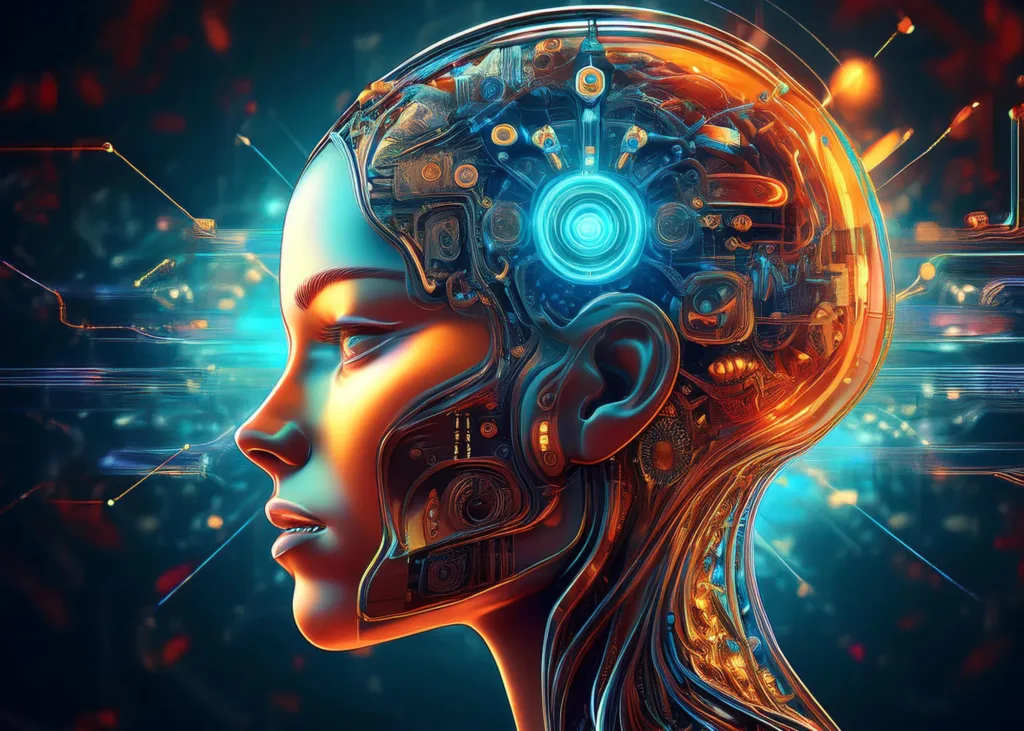
Artificial Intelligence Origins
Summary
1 The Famous Turing Test
 If it almost never is possible and usually unfair to associate a crucial human event to only one person, it is also impossible to not name the Great Alan Turing when we think about AI. I remember spending hours in University in a course named “Calculability & Logic”, creating Turing machines to solve algorithmic problems. I would not say it was fun, but it was enlightening, nonetheless.
If it almost never is possible and usually unfair to associate a crucial human event to only one person, it is also impossible to not name the Great Alan Turing when we think about AI. I remember spending hours in University in a course named “Calculability & Logic”, creating Turing machines to solve algorithmic problems. I would not say it was fun, but it was enlightening, nonetheless. Interestingly, Alan Turing, at the time of his famous paper describing the legendary “Turing Test” could not have known the expression Artificial Intelligence, since it was created by another great mind: John McCarthy in 1956.
So, back to Alan and his test, in 1950, he wrote a research paper named “Computing Machinery and Intelligence”. As we see, the connection between computer and intelligence was being made already. At the time, the question in the air was “Can a machine think?”, but Alan Turing thought that the question was too broad and in fact meaningless. What he wanted was a question that could be answered by Yes or by No without bias or room for interpretation.
Alan Turing then designed the “Imitation Game”. The purpose of the game is for a Human player to interact in writing with, on one hand a human being, and on the other hand a machine, one named X and the other Y. But the player does not know at the start which one is the machine. By the end of the conversation, if the player can say which one was the human and which one was the machine, then the test failed, and we cannot say that the machine can imitate the human.
The question now is: was this test ever successful? As you can guess not everyone agree on that one. It has been attempted many times. Some say that it was successful with a test named “Eugene Goostman” in 2014. I would personally disagree since the audience that has been fooled (30% of players got fooled) was told they were talking to a Ukrainian kid who speaks poor English. So, it does not work in my book.
Of course, what comes to mind immediately is ChatGPT. Based on my own experience of using ChatGPT, I do not think I would be fooled. Answers are so much following predictable patterns and format, and the language is aseptic; no-one speaks like that. But maybe I should leave this question to you and see if you believe that AI can really fool you, but I mean “really” and not once in a while.
2 1956 Constitutional Convention of AI
It’s in 1956 that a group of researchers had a workshop and coined the name “Artificial Intelligence”. The main contributors were: Claude Shannon, John McCarthy, Nathaniel Rochester and Marvin Minsky. They are considered the fathers of AI.
From that moment, a huge amount of money has been spent by governments to research the domain. I suspect it was not only for the “good reasons”, but probably not exclusively for the wrong ones either. At least we can hope.
3 Deep Learning

Today, 68 years later, AI is all the rage.
When something is all the rage, a lot of people talk about the trendy topic. And of course, a huge amount of ineptitudes are formulated, preferably if it can scare people. So, we will start a series of articles about Artificial intelligence that will hopefully be understandable by most without becoming simplistic.
So, …stay tuned!
